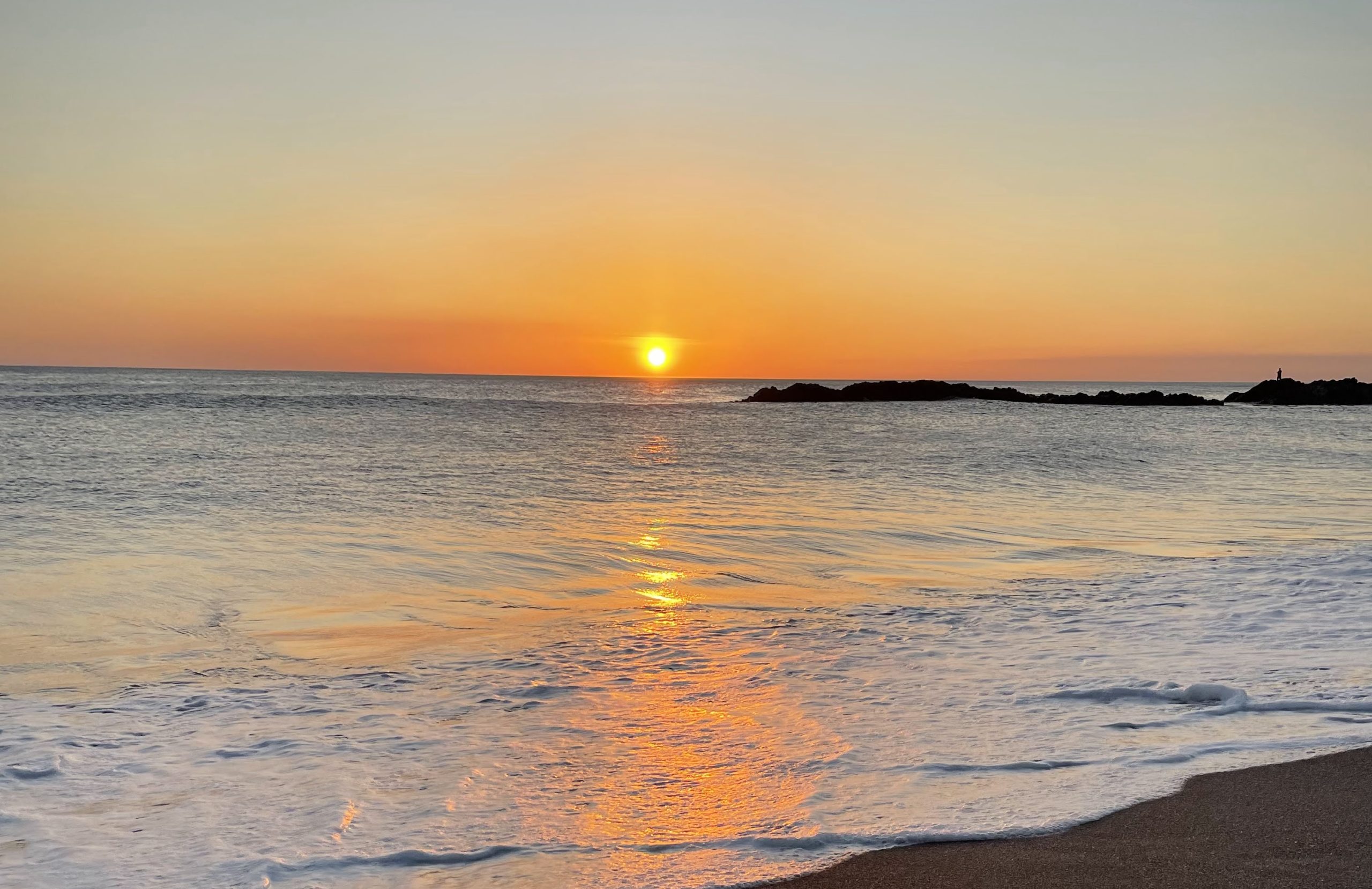I have been hearing alot about the concept of Flow popularized mostly by the pyschologist Mihaly Csikszentmihalyi. I decided to read the book to see what more there was to it all. While I liked most of it and I think the concept is a useful one, the book suffers from the same problem most nonfiction books I have read lately in that it has alot more words in it than it has to say. Social scientists and thier ilk seem to accept that anecdote is not definitive evidence but seem to want to compensate for this by just providing alot more anecdotes.
But getting back to Flow. Flow is a state one enters when performing a task where the challenge is matched well with your abilities. Not too easy so you don’t get bored and not too hard so you aren’t frustrated. Csikszentmihalyi says this is Optimal experience and basically says that it is the basis of real happiness. What is a flow experience?
From Wikipedia:
As Csikszentmihalyi sees it, components of an experience of flow can be specifically enumerated; he presents the following:
- Clear goals (expectations and rules are discernible).
- Concentrating and focusing, a high degree of concentration on a limited field of attention (a person engaged in the activity will have the opportunity to focus and to delve deeply into it).
- A loss of the feeling of self-consciousness, the merging of action and awareness.
- Distorted sense of time – one’s subjective experience of time is altered.
- Direct and immediate feedback (successes and failures in the course of the activity are apparent, so that behavior can be adjusted as needed).
- Balance between ability level and challenge (the activity is neither too easy nor too difficult).
- A sense of personal control over the situation or activity.
- The activity is intrinsically rewarding, so there is an effortlessness of action.
- When in the flow state, people become absorbed in their activity, and focus of awareness is narrowed down to the activity itself, action awareness merging
Now I have certainly felt this way before when doing some computer programming and things are going well. I have also felt it in other situations where its more physical than mental and I have to say that it all cases it does feel great and gives you a sense of real enjoyment.
What I’m not so sure about is are these items above the definition of Optimal experience as Csikszentmihalyi claims.
If this kind of experience is Optimal and the best source of happiness then I think I’m putting way too much effort into self-improvement and building and maintaining relationships with others. I’m wasting my time trying to learn Spanish and alot of the reading I’m doing is at best an inefficient path to happiness.
Why? Becuase I can achieve All of the 9 items listed above quite readily and sustainably simply by playing Age of Empires.
Nothing about the flow experience which Csikszentmihalyi describes says the activity has to have any lasting meaning or value. He is careful in the book to use examples which seems to indicate clear accomplishments. Most of his examples are about rock climbers, surgeons, or dancers which seem like such admirable or at least interesting endeavors. He does try to point out that being drunk or stoned while still feeling good is not really as good as flow and I would tend to agree but I guess I’d like to see his view on the flow experience of a 50 year old obese guy living alone and playing Counter Strike for 6 hours straight.
He does spend the entire last chapter talking about meaning. But its not really all that connected to the idea of flow. Its basically a summary of (mostly western) views on the subject and some developmental psychology thrown in. I actually liked the chapter in parts but I was not able to connect it to flow. Maybe being able to do that is the real secret.

Leave a Reply